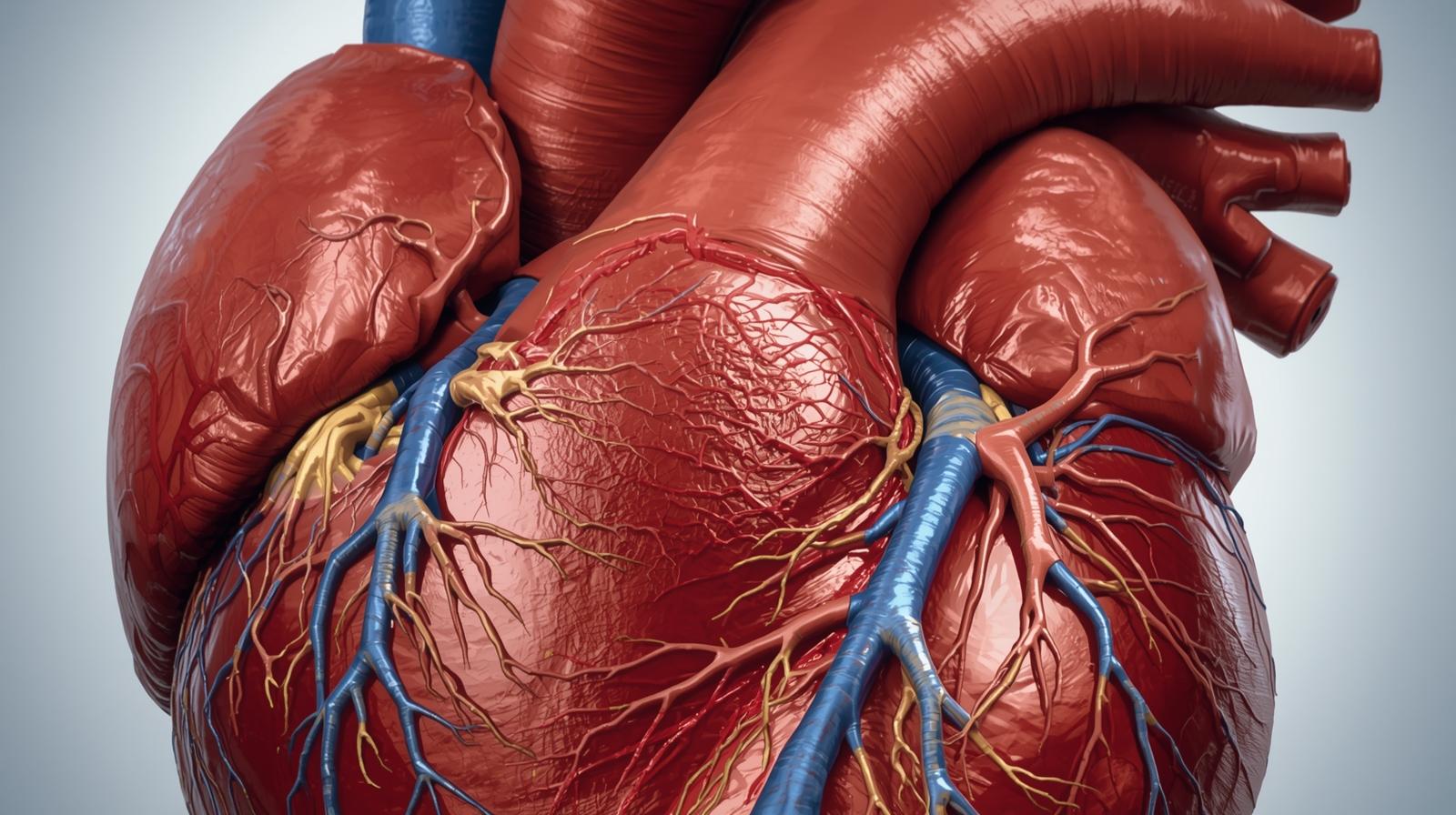How Sleep Affects Physical & Mental Health & Wellbeing
How Sleep Affects Physical and Mental Health and Wellbeing
Sleep is one of the most fundamental biological processes, yet it is often undervalued in modern society. In a world that glorifies productivity, hustle, and constant connectivity, sleep is frequently sacrificed in favor of work, entertainment, or social obligations. However, research consistently shows that sleep is not a luxury but a necessity. It is as vital as food, water, and air for maintaining physical health, mental clarity, and overall wellbeing.
This article explores the profound impact of sleep on both the body and mind, examining how it influences physical health, cognitive performance, emotional stability, and long-term wellbeing. It also highlights the consequences of sleep deprivation and offers strategies for improving sleep quality.
The Science of Sleep
Sleep is a complex biological process that occurs in cycles, each lasting about 90 minutes. These cycles are divided into two main categories: non-rapid eye movement (NREM) sleep and rapid eye movement (REM) sleep.
- NREM Sleep: This stage includes light sleep and deep sleep. Deep sleep is particularly restorative, allowing the body to repair tissues, build bone and muscle, and strengthen the immune system.
- REM Sleep: This stage is associated with dreaming and plays a critical role in memory consolidation, learning, and emotional regulation.
A healthy adult typically requires 7–9 hours of sleep per night, cycling through these stages multiple times. Disruptions to this cycle can impair both physical and mental functioning.

Physical Health Benefits of Sleep
1. Immune System Support
Sleep strengthens the immune system by promoting the production of cytokines, proteins that help fight infection and inflammation. People who consistently get adequate sleep are less likely to catch common illnesses like colds and flu. Conversely, chronic sleep deprivation weakens immune defenses, making the body more vulnerable to infections.
2. Cardiovascular Health
Sleep plays a vital role in maintaining heart health. During sleep, blood pressure drops, giving the cardiovascular system a chance to rest. Poor sleep is linked to hypertension, heart disease, stroke, and irregular heartbeat. Studies show that individuals who sleep fewer than six hours per night have a significantly higher risk of developing cardiovascular problems.
3. Weight Management and Metabolism
Sleep influences hormones that regulate hunger and appetite. Lack of sleep increases levels of ghrelin (the hunger hormone) and decreases levels of leptin (the satiety hormone), leading to increased appetite and cravings for high-calorie foods. Sleep deprivation also disrupts insulin sensitivity, raising the risk of obesity and type 2 diabetes.
4. Muscle Recovery and Physical Performance
Athletes and physically active individuals rely on sleep for muscle repair and recovery. Growth hormone, essential for tissue repair and muscle development, is released during deep sleep. Adequate rest improves endurance, reaction time, and coordination, while sleep deprivation impairs physical performance and increases the risk of injury.
5. Hormonal Balance
Sleep regulates the release of various hormones, including cortisol (the stress hormone), melatonin (the sleep hormone), and reproductive hormones. Disrupted sleep patterns can lead to hormonal imbalances, affecting fertility, stress levels, and overall health.

Mental Health Benefits of Sleep
1. Cognitive Function and Memory
Sleep is essential for learning and memory consolidation. During REM sleep, the brain processes and stores new information, strengthening neural connections. Lack of sleep impairs attention, problem-solving, creativity, and decision-making. Chronic sleep deprivation can mimic the effects of alcohol intoxication on cognitive performance.
2. Emotional Regulation
Sleep helps regulate emotions by balancing activity in the amygdala, the brain’s emotional center. Without sufficient sleep, the amygdala becomes overactive, leading to heightened emotional reactivity, irritability, and mood swings. Adequate sleep promotes resilience to stress and enhances emotional stability.
3. Mental Health Disorders
There is a strong link between sleep and mental health conditions such as depression, anxiety, and bipolar disorder. Insomnia is both a symptom and a risk factor for these conditions. Improving sleep quality can significantly reduce symptoms of mental illness and improve overall psychological wellbeing.
4. Creativity and Problem-Solving
REM sleep enhances creative thinking by allowing the brain to form new associations and connections. Many breakthroughs in science, art, and technology have been attributed to insights gained during sleep or dreams. Sleep deprivation, on the other hand, stifles creativity and innovation.
The Consequences of Sleep Deprivation
1. Short-Term Effects
- Reduced alertness and concentration
- Impaired memory and learning
- Slower reaction times
- Increased risk of accidents and errors
- Heightened stress and irritability
2. Long-Term Effects
- Increased risk of chronic diseases such as diabetes, heart disease, and obesity
- Weakened immune system
- Accelerated aging and reduced lifespan
- Higher likelihood of developing mental health disorders
- Decline in overall quality of life
Sleep deprivation is not just an inconvenience; it is a serious public health issue. Studies estimate that drowsy driving causes thousands of accidents each year, and workplace errors due to fatigue cost billions in lost productivity.
Sleep and Wellbeing
Wellbeing is a holistic concept that encompasses physical health, mental health, emotional balance, and life satisfaction. Sleep is a cornerstone of wellbeing because it influences every aspect of daily functioning.
- Energy and Vitality: Adequate sleep provides the energy needed to engage fully in work, relationships, and leisure activities.
- Resilience: Sleep enhances the ability to cope with stress and adversity.
- Social Relationships: Well-rested individuals are more empathetic, patient, and socially engaged, strengthening personal and professional relationships.
- Life Satisfaction: People who sleep well report higher levels of happiness and life satisfaction compared to those who struggle with sleep.
.jpg)
Factors That Affect Sleep Quality
Several factors influence the quality and duration of sleep, including:
- Lifestyle Habits: Caffeine, alcohol, and nicotine can disrupt sleep patterns.
- Technology Use: Blue light from screens suppresses melatonin production, delaying sleep onset.
- Environment: Noise, light, and temperature affect sleep quality.
- Stress and Anxiety: Mental health challenges often interfere with falling and staying asleep.
- Medical Conditions: Sleep disorders such as insomnia, sleep apnea, and restless legs syndrome can significantly impair sleep.
Strategies for Improving Sleep
1. Establish a Consistent Sleep Schedule
Going to bed and waking up at the same time every day helps regulate the body’s internal clock, making it easier to fall asleep and wake up naturally.
2. Create a Relaxing Bedtime Routine
Engaging in calming activities such as reading, meditation, or gentle stretching signals the body that it is time to wind down.
3. Optimize the Sleep Environment
A cool, dark, and quiet bedroom promotes restful sleep. Investing in a comfortable mattress and pillows can also make a significant difference.
4. Limit Screen Time Before Bed
Avoiding electronic devices at least an hour before bedtime reduces exposure to blue light, which interferes with melatonin production.
5. Watch Diet and Exercise
Avoid heavy meals, caffeine, and alcohol close to bedtime. Regular physical activity promotes better sleep, but intense exercise should be avoided right before bed.
6. Manage Stress
Practices such as mindfulness, journaling, and deep breathing can reduce stress and improve sleep quality.
7. Seek Professional Help
If sleep problems persist, consulting a healthcare provider or sleep specialist is essential. Conditions like sleep apnea require medical intervention.
The Role of Sleep Across the Lifespan
Sleep needs and patterns change throughout life:
- Infants and Children: Require more sleep for growth and development, often 10–14 hours per day.
- Teenagers: Need 8–10 hours but often experience delayed sleep cycles due to biological changes.
- Adults: Typically need 7–9 hours, though lifestyle factors often interfere.
- Older Adults: May experience lighter, more fragmented sleep, but still require 7–8 hours for optimal health.
Understanding these changes helps tailor sleep habits to different life stages.
Sleep in the Modern World
Modern lifestyles pose unique challenges to healthy sleep. Shift work, long commutes, and constant digital connectivity disrupt natural sleep rhythms. The rise of remote work has blurred boundaries between work and rest, leading to irregular sleep schedules. Addressing these challenges requires both individual strategies and societal changes, such as promoting workplace policies that prioritize employee wellbeing.

Conclusion
Sleep is not merely a passive state of rest but an active process that restores the body, sharpens the mind, and nurtures emotional balance. It is the foundation upon which physical health, mental clarity, and overall wellbeing are built. Neglecting sleep has profound consequences, while prioritizing it can transform health and quality of life.
In a culture that often undervalues rest, recognizing the importance of sleep is a powerful step toward better living. By cultivating healthy sleep habits and addressing barriers to rest, individuals can unlock the full potential of their bodies and minds, leading to a healthier, happier, and more fulfilling life.
Although the best method of getting enough Magnesium is through food, this can be difficult (for many reasons) in present day times. Personally, I always take a Magnesium supplement, however, the particular one I choose is Magnesium Glycinate. This one is particularly good for promoting sleep due to its calming effect on the nervous system. After 18 months of experimenting, this is the brand I choose.
NOTE:
This post includes affiliate links to Amazon. If you choose to buy through these links, I may earn a small commission, which helps support this blog—thank you.
Recommended Magnesium Supplement:


